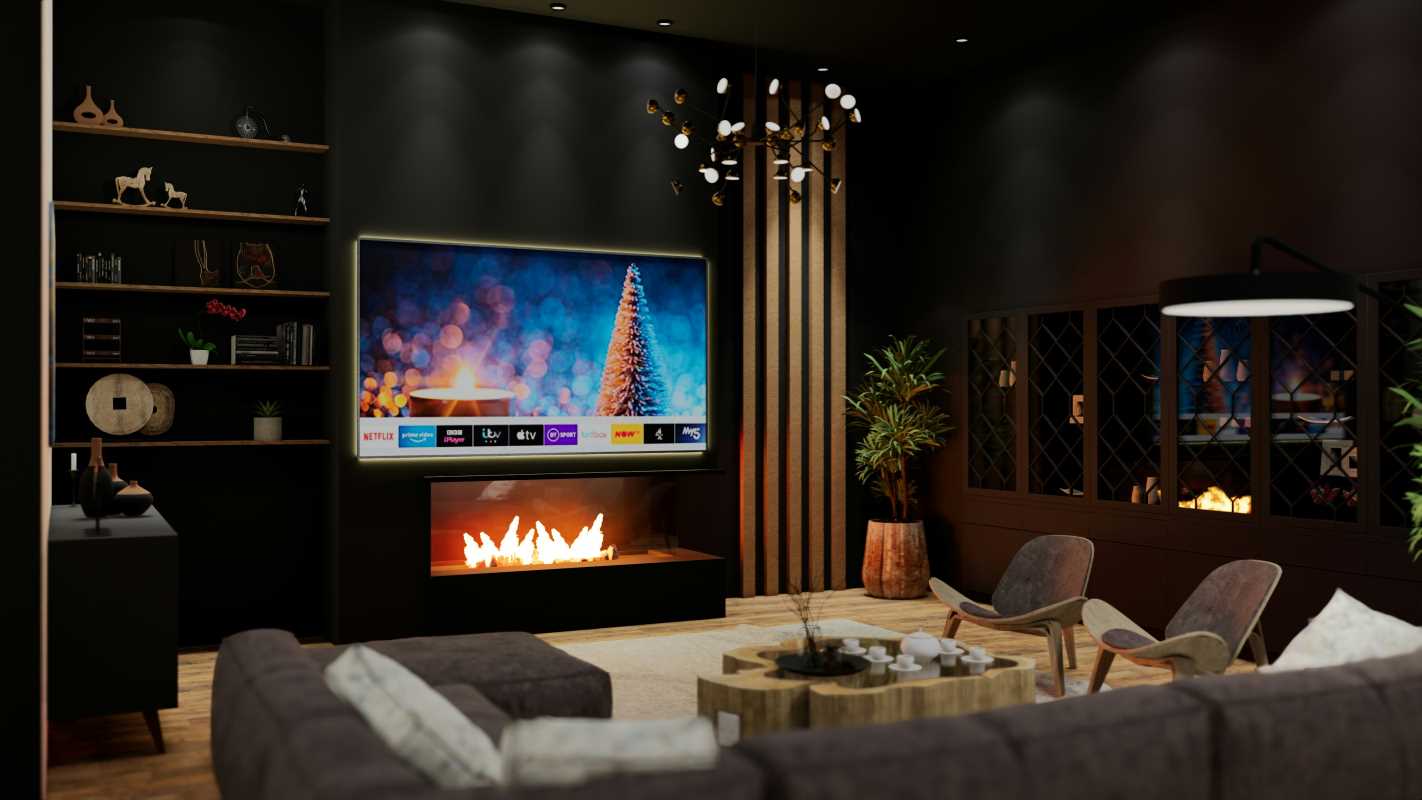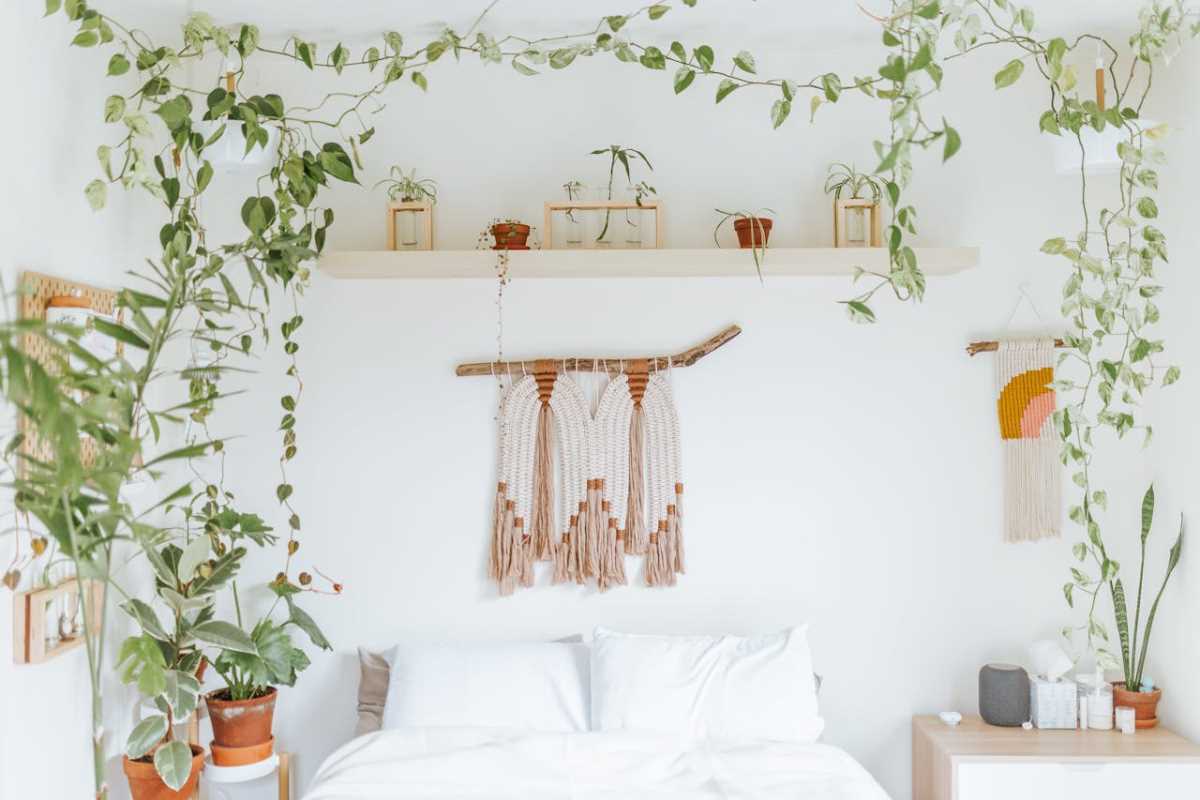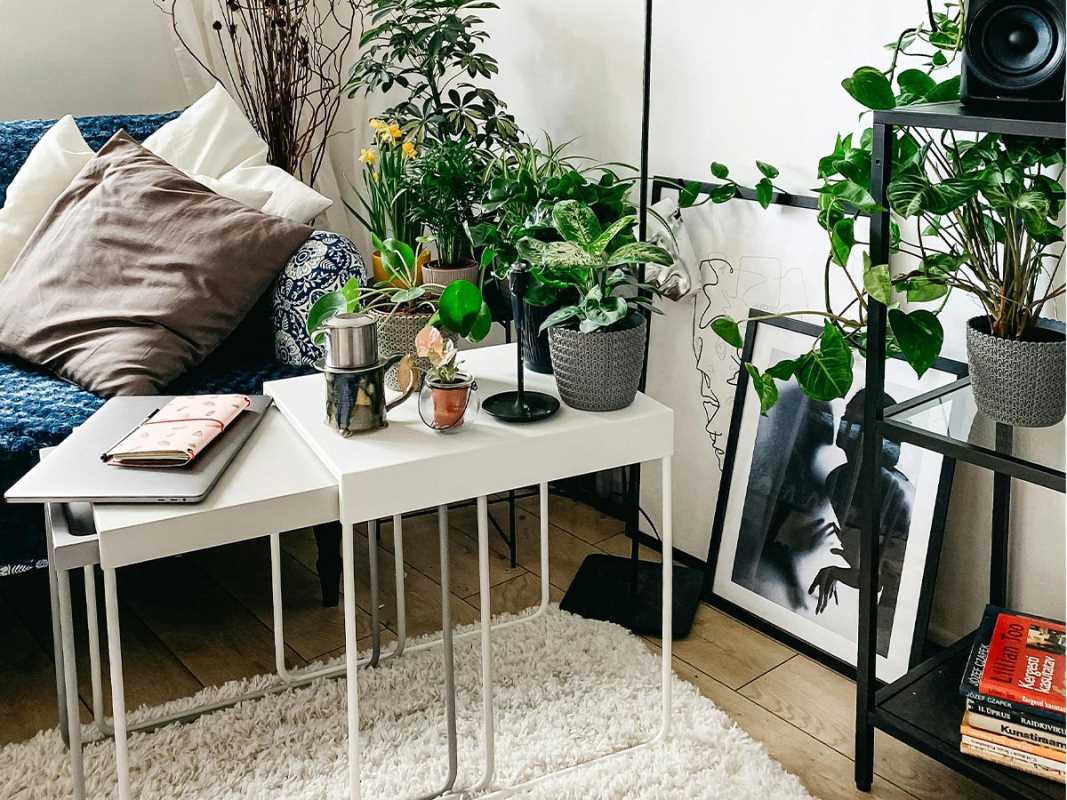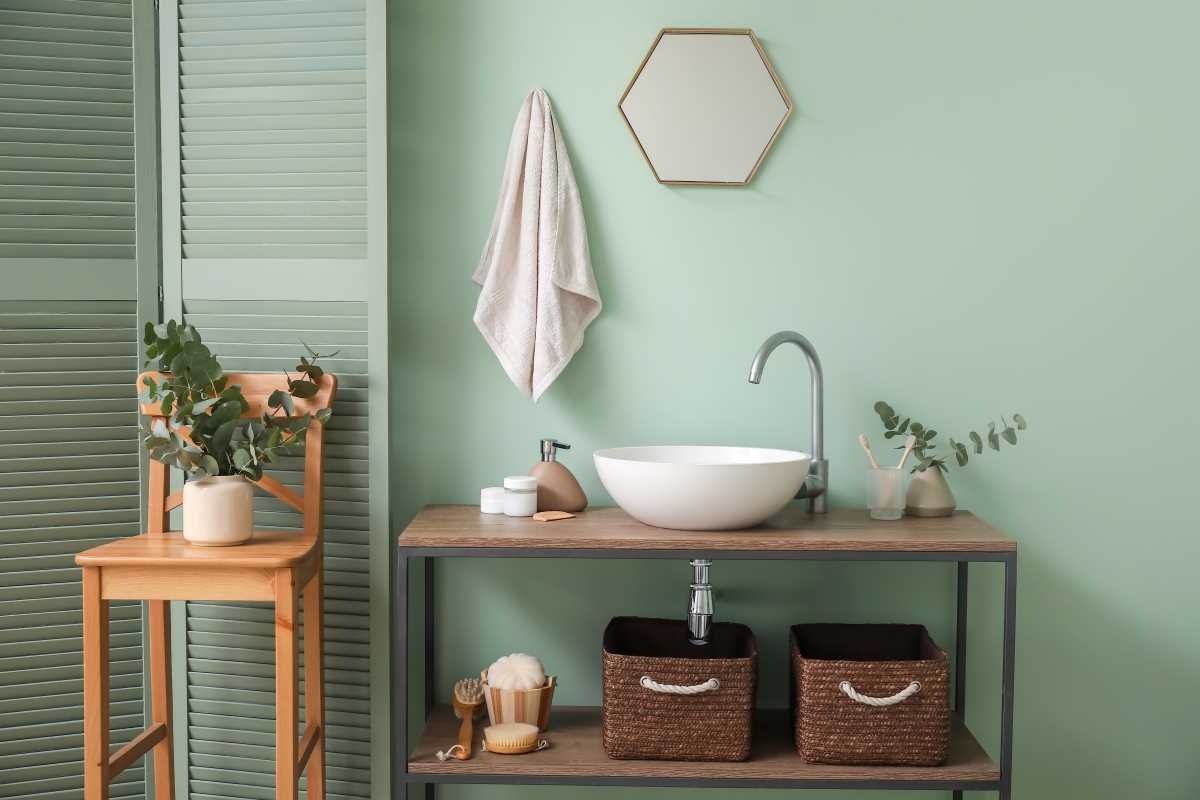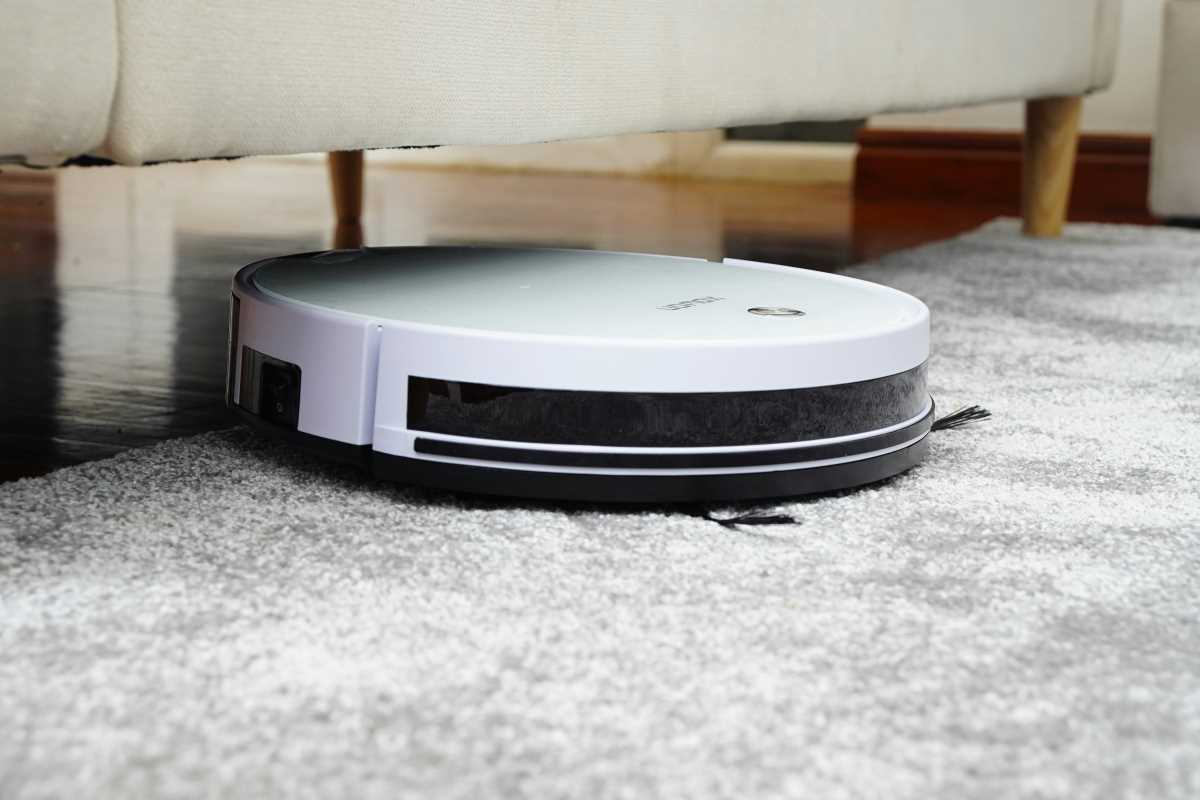Creating a tranquil Zen space in your home offers a valuable retreat from the daily stresses and demands of modern life. By designing a space that promotes relaxation, mindfulness, and a profound sense of calm, you can enhance your overall well-being and find solace amidst the chaos. Here are some detailed tips to help you craft your perfect Zen sanctuary:
1. Select a Quiet Area
Choosing the Right Location: Begin by identifying a quiet and secluded area within your home where you can escape from daily distractions. Ideal locations include a peaceful corner of a larger room, a small alcove, or even a dedicated space in your garden if you have outdoor access. The goal is to find a spot that naturally lends itself to tranquility and is free from the interruptions of everyday life.
Creating a Sense of Seclusion: Ensure that your chosen area feels separate from the rest of your home. You might use room dividers, curtains, or even tall plants to create a sense of enclosure and privacy. This separation helps in establishing a mental and emotional boundary that reinforces the space's purpose as a retreat.
2. Embrace Minimalist Design
Simplicity is Key: Adopting a minimalist design philosophy is crucial for creating a Zen space. Opt for clean lines, uncluttered surfaces, and a neutral color palette. Think about incorporating materials such as natural wood, bamboo, or stone, which contribute to a grounded, earthy feel.
Incorporate Natural Elements: Integrating elements of nature can greatly enhance the calming effect of your Zen space. Indoor plants, such as bamboo or peace lilies, can purify the air and add a touch of greenery. A small, soothing water feature, like a tabletop fountain, can provide gentle background noise and promote relaxation.
3. Invest in Comfortable Seating
Selecting Comfortable Furniture: Comfort is paramount in a Zen space. Invest in a high-quality meditation cushion, a low-profile upholstered chair, or a floor cushion that allows you to sit comfortably for extended periods. Ensure that the seating promotes good posture and supports relaxation.
Adding Soft Textures: Enhance the comfort of your space with soft pillows, a cozy blanket, or a plush throw. These additions not only make your Zen area more inviting but also help create a layered, comfortable environment where you can truly unwind.
4. Utilize Soft Lighting
Creating a Calming Glow: Lighting plays a crucial role in setting the mood of your Zen space. Opt for soft, diffused lighting to create a warm and peaceful atmosphere. Consider using candles, which provide a gentle flicker and soothing light, or paper lanterns that cast a soft, diffuse glow.
Adding Ambient Lighting: Himalayan salt lamps are another excellent choice, as they emit a calming pinkish hue and are believed to have air-purifying properties. The key is to avoid harsh, direct lighting, which can be jarring and counterproductive to relaxation.
5. Choose Mindful Decor
Meaningful Decorations: Decorate your Zen space with items that hold personal significance or evoke a sense of peace. Display artwork that inspires serenity, such as landscapes or abstract pieces that resonate with you. Inspirational quotes or symbolic objects, like a small Buddha statue or a Tibetan singing bowl, can also enhance the tranquil atmosphere.
Incorporate Personal Touches: Personalize your Zen space with items that bring you joy or comfort. Whether it's a cherished photograph, a favorite book, or a meaningful artifact, these elements can help make the space uniquely yours and more conducive to relaxation.
6. Practice Mindfulness
Daily Rituals: Dedicate time each day to fully engage with your Zen space. Use this time for mindfulness meditation, deep breathing exercises, or simply sitting in quiet contemplation. The purpose is to center yourself, alleviate stress, and foster a sense of inner peace.
Mindfulness Techniques: During your time in the Zen space, focus on your breath, observe your thoughts without judgment, and let go of any tension or worries. Regular practice in this serene environment can enhance your overall mental and emotional well-being.
Creating Lasting Serenity
By following these detailed tips and investing time and effort into creating your Zen space, you can cultivate a sanctuary of peace and tranquility within your home. Whether you use this space for meditation, yoga, reading, or simply quiet reflection, having a dedicated area for relaxation can positively impact your overall quality of life. Embrace the serenity that your Zen space offers and let it become a cherished retreat from the hustle and bustle of daily living.
